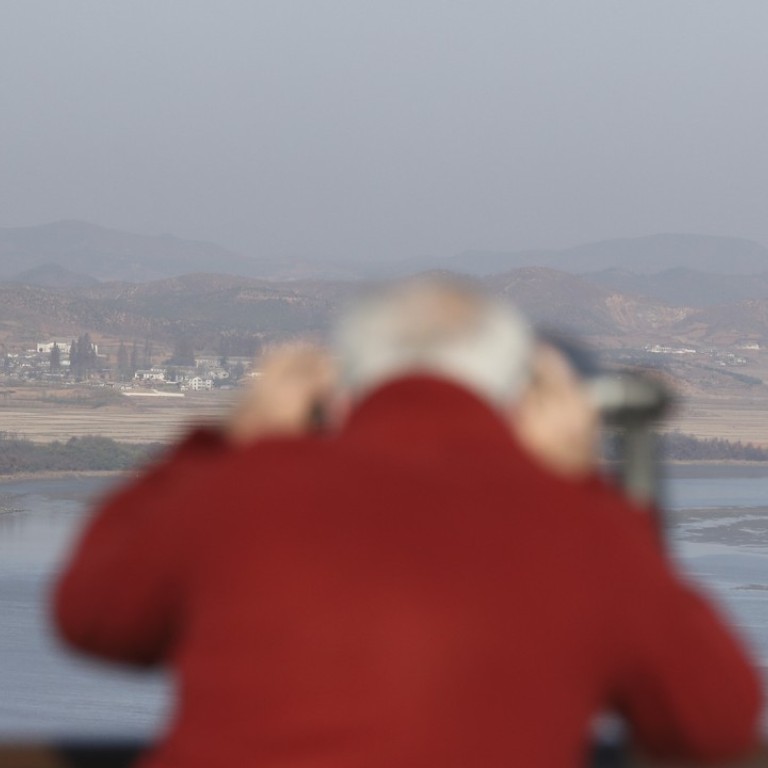
Russia’s plan to resolve the North Korean crisis deserves a chance
Orhan Gafarli says both Moscow and Beijing are keen to end the crisis, if only so it would no longer be an excuse for an expanded US military presence in their Eurasian backyards
‘Washington wants Kim Jong-un to lose it’: Russia rejects pressure to cut ties with North Korea
The US may have good reason to. It is widely believed that Pyongyang will soon have ballistic missiles with the capacity to hit the US, and some say the North may well launch an attack over Russian skies to better evade America’s missile defence systems. Hence, US military experts want to build a missile defence system that is close to the Russian border.
Russia has been vocal in resisting such a move, as well as the wider plans for Nato expansion in Eurasia.
At the same time, Russia is not pleased about North Korea’s possession of nuclear weapons and ballistic missiles.
At the annual Valdai Club Asian regional conference, held in Seoul late last month, the Russian deputy foreign minister Igor Morgulov talked about the details of a three-phase road map for peace proposed by Russia and supported by the Chinese.
Can China and Russia work together to defuse Korean peninsula’s nuclear crisis?
The first phase involves a “freeze for freeze”, meaning North Korea would agree to suspend its missile and nuclear testing in return for the US and South Korea suspending their annual joint military exercises.
In the second phase, direct diplomatic negotiations between Pyongyang and Washington, and between Seoul and Pyongyang, would be initiated.
In the final stage, multilateral talks, such as the six-party talks involving the US, China, Japan, South Korea, Russia and North Korea, would be resumed with the goal of cementing global and regional security.
To get both Washington and Pyongyang to the table for negotiations, more actors need to be involved in bringing about peace, and to add pressure on the two sides to reach a resolution. The BRICS grouping and European countries should also be involved.
Orhan Gafarli is a PhD candidate in international relations at Ankara University. He specialises in Russian foreign policy
